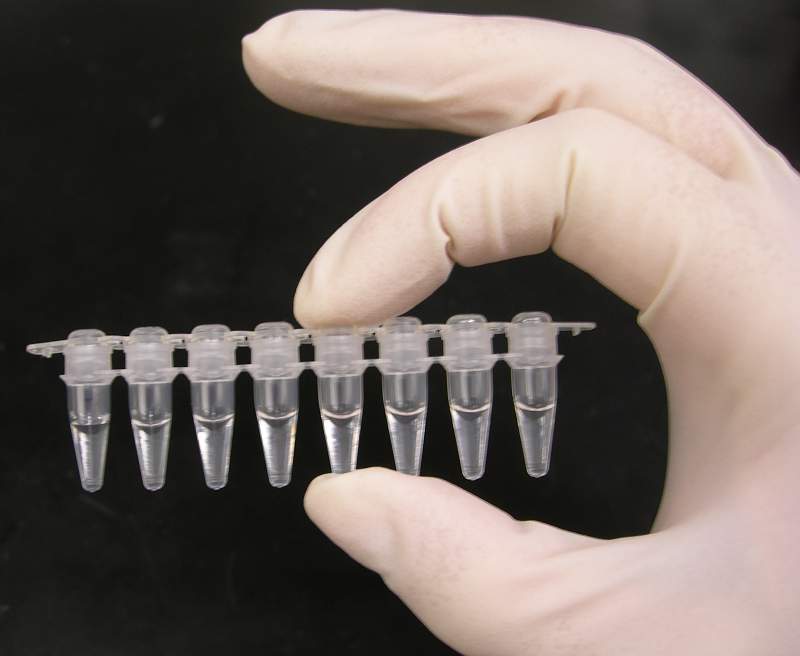
In PCR call, Swati Maliwal accuses Delhi CM Arvind Kejriwal's PA of beating her up at his behest
High-voltage drama unfolded at chief minister Arvind Kejriwal's residence in north Delhi on Monday morning after his party's Rajya..
IndiaTimes

The polymerase chain reaction (PCR) is a method widely used to make millions to billions of copies of a specific DNA sample rapidly, allowing scientists to amplify a very small sample of DNA sufficiently to enable detailed study. PCR was invented in 1983 by American biochemist Kary Mullis at Cetus Corporation. Mullis and biochemist Michael Smith, who had developed other essential ways of manipulating DNA, were jointly awarded the Nobel Prize in Chemistry in 1993.
High-voltage drama unfolded at chief minister Arvind Kejriwal's residence in north Delhi on Monday morning after his party's Rajya..